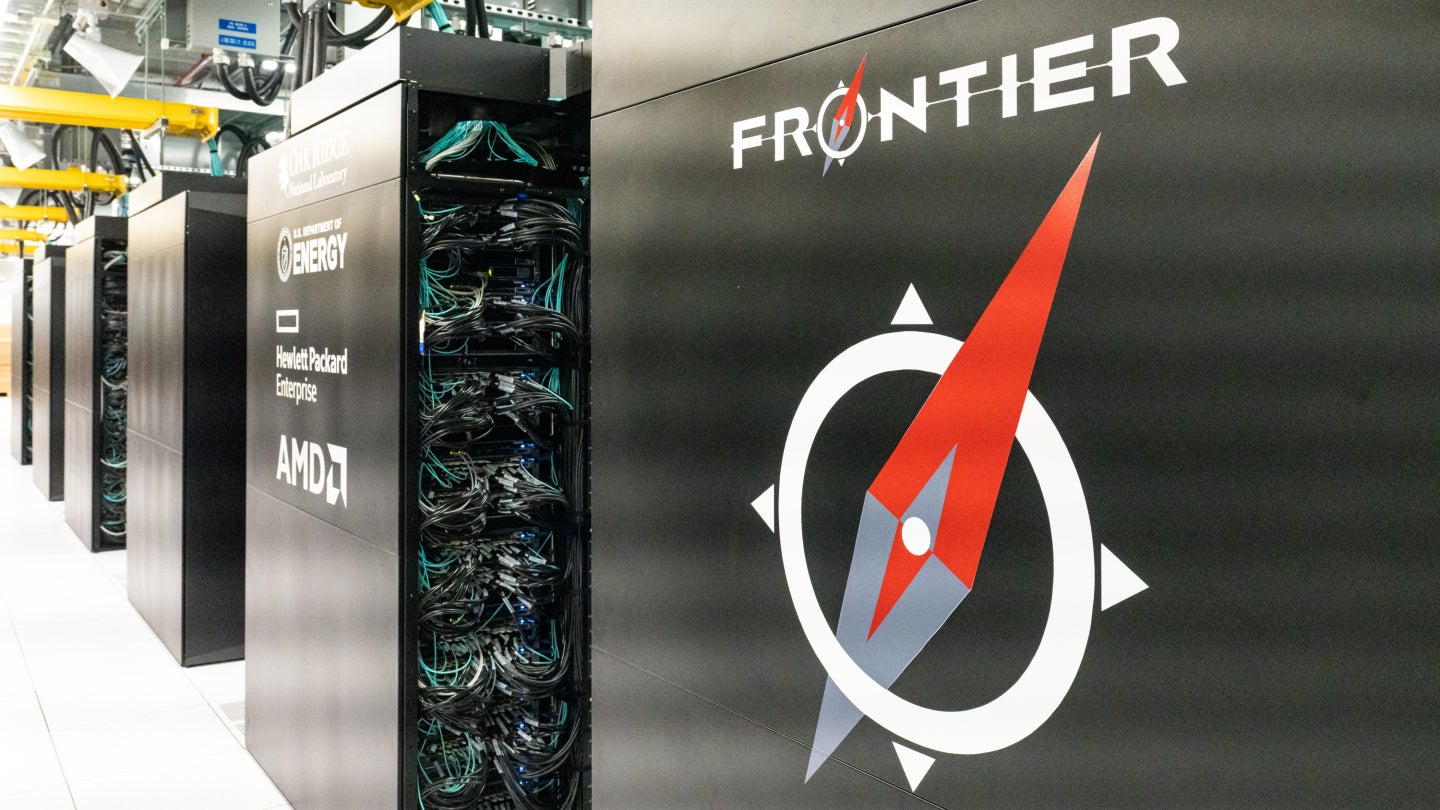
China’s high-performance computing (HPC) industry is facing limitations as a result of increased isolation caused by US sanctions, a new report suggests.
According to GlobalData’s Deep Dive into China’s Isolation in High-Performance Computing, the US’ export controls on semiconductors, restrictions on technology transfers and ban on sales of some equipment to China have led to slowed progress in HPC there, resulted in a dependency on inefficient technology, stifled innovation and increased research and development costs.
Geopolitical competition between the two superpowers has been driven primarily by concerns about national security and technological supremacy. HPC is required to deliver the data processing and workloads of artificial intelligence (AI), which is widely seen as the next major technological development.
GlobalData’s report highlights how export controls on semiconductors and chip-making equipment have severely restricted China’s ability to innovate in HPC. The US Bureau of Industry and Security has placed extensive limits on the export of advanced chips, chip design software and manufacturing tools to Chinese companies.
Where in 2016 China had overtaken the US to lead with the most entries on the Top500 list, which ranks the world’s most powerful supercomputers, its presence on the list has declined sharply since 2019 as a result of trade restrictions. In June this year, China accounted for only 80 entries on the list, compared to the US’ 171 – although it is believed that the most powerful HPC systems in China today are developed secretively and are not being benchmarked or listed on the Top500.
China’s response to the US manoeuvrings has been to pursue technological self-sufficiency, the report explains, ramping up investment in its domestic semiconductor and HPC industries. As part of this approach, in May 2024, China’s National Integrated Circuit Industry Investment Fund announced that it had raised $47.5bn as part of a broader effort to reduce dependence on Western technology. However, as the report outlines, the country’s strategy of self-sufficiency puts it at a disadvantage in various ways.
The broader decoupling of China and the West has had far-reaching consequences. China’s isolation is expected to fragment the global HPC industry, with supply chains increasingly shifting away from China to countries like Vietnam and Japan. This separation also threatens global collaboration on research and development, which could slow the pace of HPC innovation.







